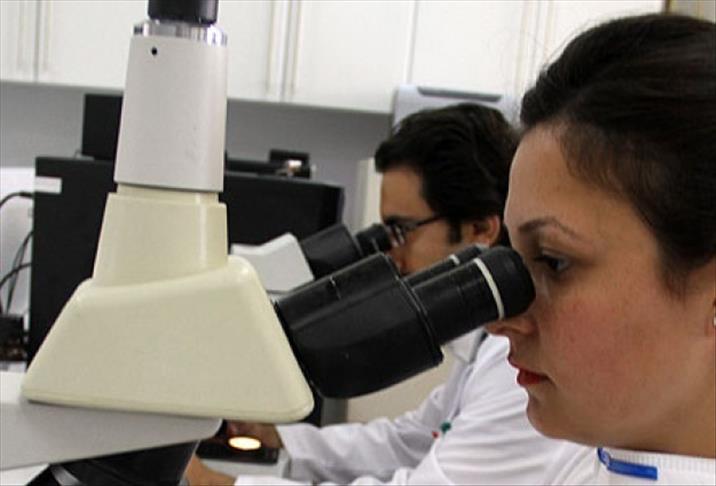
ISTANBUL
The problem of antibiotic resistance is not a regional concern or an issue which can be postponed; rather it is one of the most serious health threats in the world. We are already seeing challenges which could affect all of us. The World Health Organization (WHO) says antimicrobial resistance – which includes drug-resistant bacteria, viruses, fungi and parasites – is now being observed all around the world.
Bacteria and other microbes have lived alongside humans for millennia. The discovery of penicillin and the emergence of other antibiotics has transformed medical care and dramatically reduced illness and death from infectious diseases.
Antibiotic resistance – which doctors say could have devastating consequences -- occurs when an antibiotic has lost its power to control or kill the growth of bacteria.
As antibiotics become ineffective, the ability to fight infectious diseases and to manage infectious complications in vulnerable patients -- such as those undergoing dialysis for kidney failure, chemotherapy for cancer and surgery, and especially organ transplantation -- will weaken.
The most important reasons for antibiotic resistance are the misuse and overuse of these drugs. Turkey ranks third in the world for the misuse of antibiotics, states a recent report from the World Health Organization (WHO).
Many Turks mistakenly think that if a doctor does not prescribe antibiotics, they need to see another doctor who will prescribe antibiotics. Turkish doctor Metehan Ozen told Anadolu Agency, "Speaking as doctors, patients, pharmacists and regular people, we like using antibiotics in Turkey."
Some in Turkey self-prescribe antibiotics, because they think they will ‘recover quickly.’
Travel agent Abdul Onum told AA, "As Turks, we are very impatient. We want to get better immediately, and we think that antibiotics are the most effective way to recover."
Others believe that seeing a doctor may be ‘losing time and money.’ Onum continued, "We think if we wait see a doctor, they will just prescribe us the same antibiotics as last time. Instead of losing time and money, we prefer to take antibiotics without seeing a doctor."
Antibiotic resistance rates are very high in Turkey. Although the resistance rate in northern Europe averages around three to five percent, in Turkey it stands around 30 to 40 percent, according to Doctor Ozen. If this situation continues, Ozen believes antibiotic resistant diseases will claim many lives by the end of the decade.
Doctors are advised to be cautious about prescribing antibiotics. Errors in prescriptions for a child could be fatal or lead to serious harm. "My child's kidneys were harmed because of misuse of antibiotics. Her face and arms were swollen. My child received treatment for 6 months," said Kamil Kaan.
Antibiotics are effective at killing bacteria, which are living life forms, but do not work on viruses because they are not alive.
Doctor Umit Aktas told AA, "90% of upper respiratory infections are viral. When we look at most of the prescriptions in Turkey, doctors prescribe antibiotics for these infections. It is quite wrong and dangerous."
Antibiotics also can kill beneficial bacteria if misused. "More than 90% of the bacteria living in the world are beneficial bacteria. We are also losing them by using antibiotics carelessly," Aktas added.
Medical officials advise caution with antibiotics, because the results of abuse are very serious. First, doctors should be sure that antibiotics prescriptions are necessary. People can strengthen their immune system by eating nutritious meals and sleeping well.
Antibiotics should be used only when prescribed by a doctor, prescriptions should be completed even if the patient feels better, leftover prescriptions should never be used and should never be shared with others.
Positive actions by politicians are also required. They can also help tackle resistance by strengthening the tracking of antibiotic resistance and updating of labs, as well as regulation and promotion of appropriate use of medicines.
The WHO calls for a global action plan, including:
– better use of vaccines;
– basic hand hygiene to reduce infections, such as washing hands;
– reduction of non-health uses of antimicrobial drugs;
– support of research that will lead to new and better diagnostic tests;
– and better tracking of antimicrobial resistance, to get a better overall global picture.
The WHO report included data from 114 countries.
englishnews@aa.com.tr


